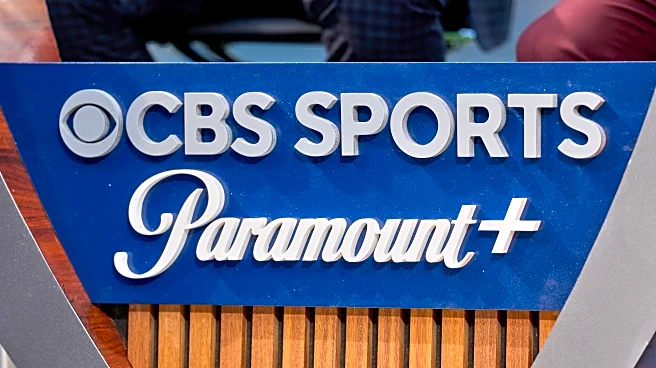What's Happening?
Senator Amara M. Konneh of Gbarpolu County has expressed cautious support for the Concession and Access Agreement (CAA) between the Government of Liberia and Ivanhoe Liberia Ltd. The agreement, signed
on July 5, 2025, allows Ivanhoe Atlantic Inc. to rehabilitate and operate sections of Liberia's railway infrastructure and upgrade port facilities in Buchanan. While Konneh acknowledges the potential economic benefits, including over $1.4 billion in projected rail user fees, taxes, and job creation, he warns of several 'structural risks' that require legislative scrutiny. These risks include corridor dominance by Guinean exports, underpriced strategic capacity, fiscal stabilization lock, weak localization enforcement, limited recourse for third-party obstruction, environmental oversight challenges, and flat customs fees.
Why It's Important?
The Ivanhoe-Liberia rail deal is significant as it represents one of Liberia's most substantial post-war infrastructure and mining partnerships. The agreement aims to leverage Liberia's strategic rail corridor to facilitate the export of Guinean iron ore, potentially boosting the country's economy. However, the risks highlighted by Senator Konneh could expose Liberia to financial and operational disadvantages if not properly managed. Ensuring transparent implementation and effective government oversight is crucial to protect Liberia's long-term interests, including safeguarding jobs, supporting local producers, and maintaining fiscal stability.
What's Next?
Senator Konneh plans to submit his concerns and recommendations to the Senate's Joint Committee on Investment, Lands, Mines, Energy, and Judiciary. The Senate is expected to begin formal hearings on the agreement in the coming weeks. Konneh emphasizes the need for public transparency and urges that all related investment instruments be made public to ensure accountability. The legislative scrutiny will focus on addressing the identified risks and ensuring the deal genuinely benefits Liberia.
Beyond the Headlines
The Ivanhoe-Liberia rail deal highlights the broader challenges of balancing development with protection in infrastructure agreements. The deal's implications extend beyond immediate economic gains, potentially affecting Liberia's environmental and social landscape. The emphasis on localization targets and community development funds reflects efforts to integrate local interests into large-scale projects. However, the effectiveness of these measures depends on robust enforcement mechanisms and transparent governance.











